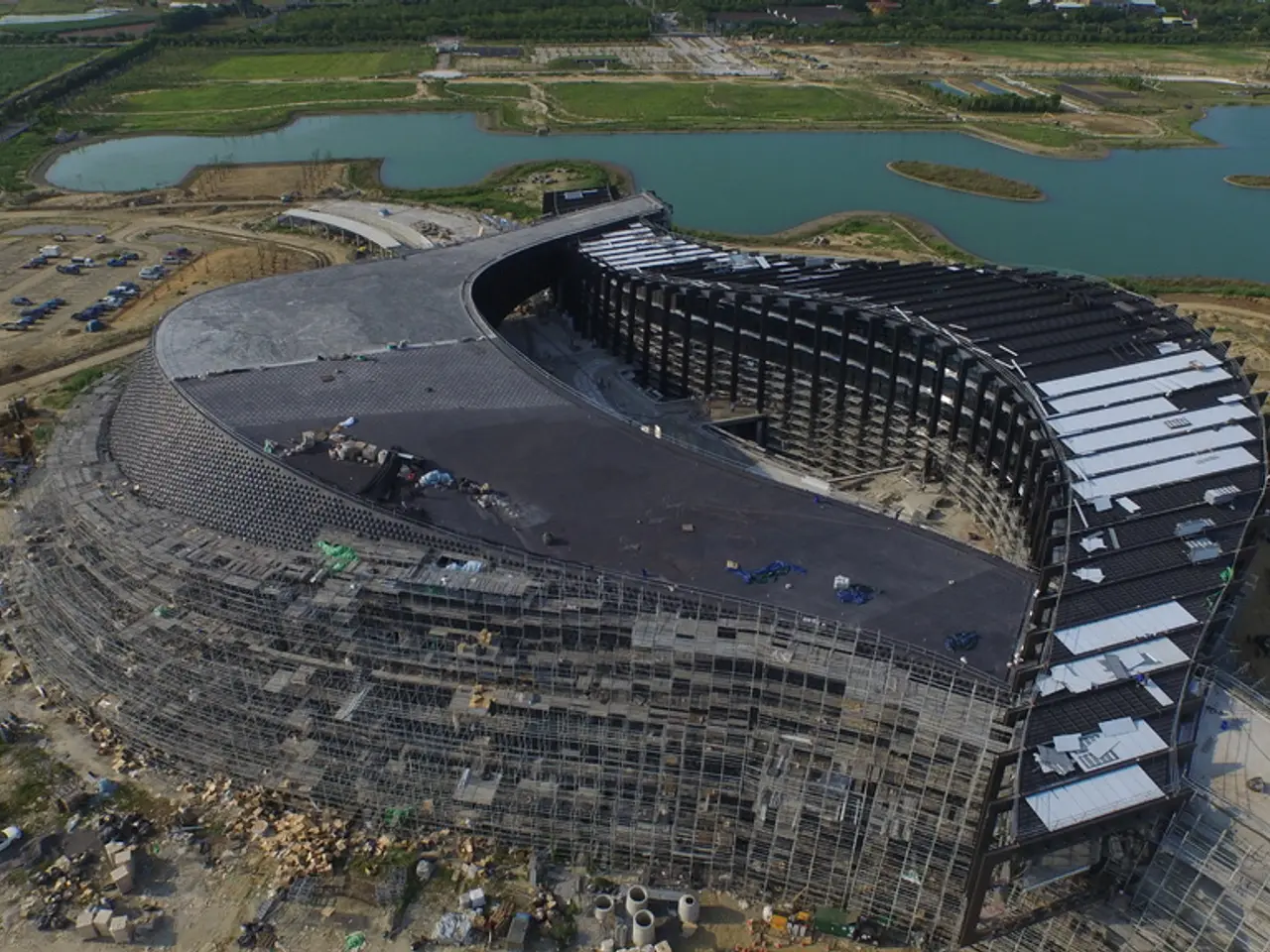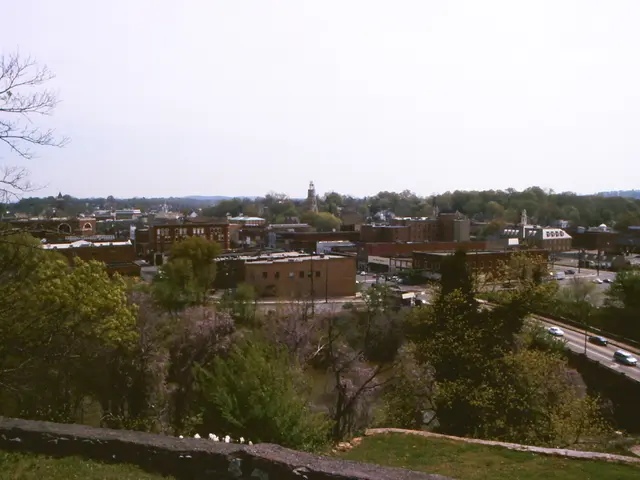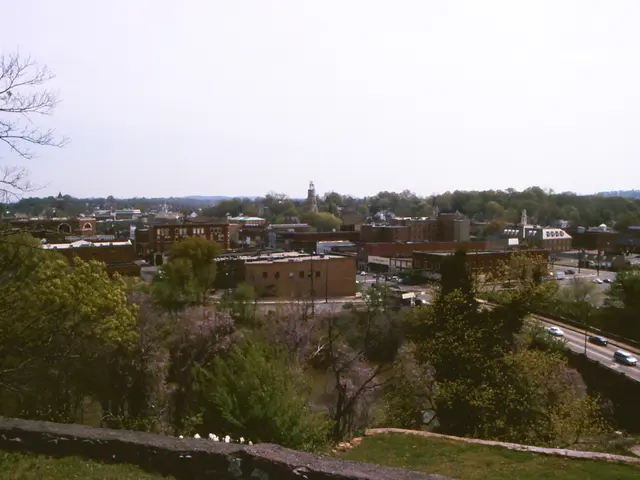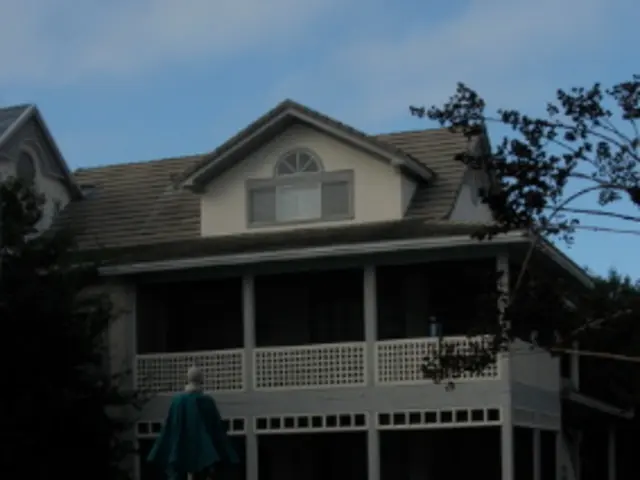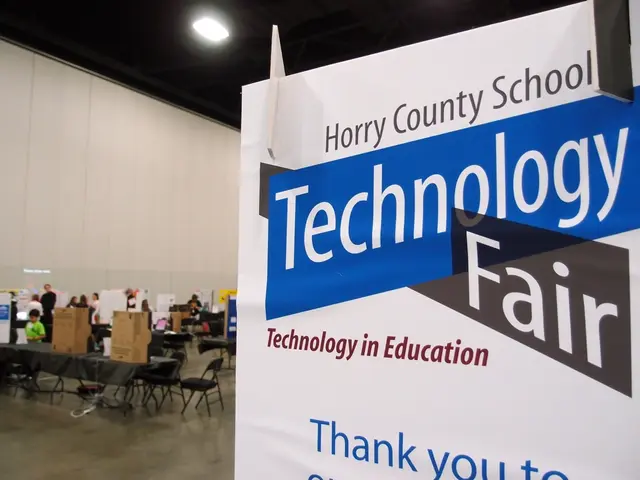L.A. DWP Approves $800M Plan to Convert Scattergood Power Plant to Hydrogen
Los Angeles Department of Water and Power (DWP) has approved a plan to convert part of its largest natural gas-fired power plant, Scattergood Generating Station in Playa Del Rey, to also run hydrogen. The $800-million modernization will allow Units 1 and 2 to operate on a mixture of natural gas and at least 30% hydrogen, with the goal of running entirely on hydrogen as more supply becomes available. The project is expected to be completed by December 2029.
The Scattergood conversion aims to produce green hydrogen through electrolysis, splitting water molecules without emitting planet-warming carbon dioxide. However, the approved plan does not specify where the hydrogen will come from or how it will be transported to the site. Local environmental groups argue that the plan may not be cost-effective in the long run and prolongs reliance on fossil fuel infrastructure.
Industry experts and officials support the project, stating that it will help drive necessary hydrogen power production and is a crucial step in moving away from natural gas. The city-run utility, DWP, considers the Scattergood conversion integral to L.A.'s goal of reaching 100% renewable energy by 2035. Initially, the project was set to receive about $100 million in ARCHES funding, but DWP is pressing on despite the cut and the project is fully budgeted through the utility's power fund.
Despite concerns from local environmental groups, the Los Angeles Department of Water and Power is committed to converting the Scattergood Generating Station to run on hydrogen. The project, expected to be completed by 2029, is seen as a significant step towards L.A.'s renewable energy goals, even without the initial ARCHES funding.
Read also:
- American teenagers taking up farming roles previously filled by immigrants, a concept revisited from 1965's labor market shift.
- Weekly affairs in the German Federal Parliament (Bundestag)
- Landslide claims seven lives, injures six individuals while they work to restore a water channel in the northern region of Pakistan
- Escalating conflict in Sudan has prompted the United Nations to announce a critical gender crisis, highlighting the disproportionate impact of the ongoing violence on women and girls.
